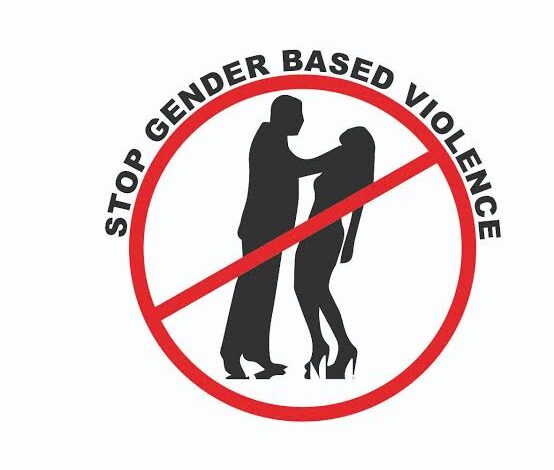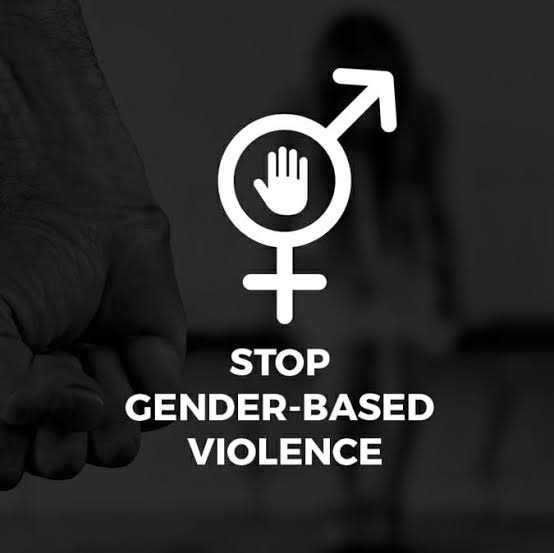
By Faith Nyasuguta
The world is currently marking the 16 Days of Activism against Gender Based Violence, an annual international campaign that kicks off on November 25, the International Day for the Elimination of Violence against Women, and culminates on December 10, Human Rights Day.
It was started by activists 30 years ago at the inaugural Women’s Global Leadership Institute in 1991 and continues to be coordinated each year by the Center for Women’s Global Leadership. This year’s campaign theme is “Orange the world: End violence against women now!”
Africa Equity Media spoke with Stephanie Musho, a Nairobi-based expert in gender and reproductive justice and a human rights lawyer, about gender-based violence in Kenya, ongoing efforts to end the vice and future outlook.

1. What is gender-based violence?
Gender based violence (GBV) is a harmful action(s) meted out on a person based on their gender. It is founded upon power dynamics emanating from dangerous social-cultural norms. It takes different forms – and could be sexual for example rape, revenge porn, sending unsolicited nude pictures, catcalling and others.
It could also be physical for example battery, female genital mutilation or reproductive coercion where a person has control over another’s reproductive health choices including access to contraception. GBV could be in a mental form where there is gaslighting, threats and intimidation. Finally, it could also be economic where access to resources is used to control the victim.
Gender based violence majorly affects women and girls but also affects men, boys; and non-binary persons.
2. What are the laws regulating gender-based violence in Kenya?
There are robust legal and policy frameworks addressing the issue of GBV. It is a violation of international human rights and is a criminal offense in the Republic of Kenya.
In 1984, Kenya ratified the United Nations Convention on the Elimination of all forms of Discrimination Against Women (CEDAW) – an international legal instrument commonly referred to as the international bill of rights for women including protection against violence in all its forms.
In 2010, Kenya ratified the Protocol to the African Charter on Human and People’s Rights on Women in Africa better known as the Maputo Protocol which is a comprehensive legal framework for the advancement of women and girls’ rights in Africa.
Encapsulated therein are issues of elimination of harmful practices, protection of women in armed conflict, the right to security of the person, economic and social welfare rights, health and reproductive rights, the right to inheritance, widows’ rights and the right to inheritance and special protection of women with disabilities, in distress and elderly women.
The 2010 Kenyan Constitution in article 2(6) provides that all international law ratified by Kenya now form part of the laws of the land. The same Constitution in the Bill of Rights provides for a range of rights and freedoms tied to the protection against GBV. The Penal Code Cap 63 of the Laws of Kenya, the Sexual Offences Act 2003, theChildren’s Act, the Anti-Female Genital Mutilation (FGM) Act 2011, all criminalise gender-based violence prescribing strict punishment and long jail terms for offenders.
The government also has the National Guidelines on the Management of Sexual Violence and the National Framework for the Response and Prevention of Gender Based Violence, it also adopted a GBV indicator to assess its performance on efforts towards ending the practice.

3. With the legal and policy frameworks in place, what then is the status of gender-based violence in Kenya?
The government in enacting these frameworks has made progress towards ending gender-based violence, however operationalization remains underwhelming. Consider that there are now gender desks at every police station to sensitively address the issues of sexual and gender-based violence. However, in practice, these desks largely remain unmanned due to funding and human resource gaps.
The government in partnership with civil society organizations such as CREAW (Center for Rights Education and Awareness) has now launched the Policare Policy that will give rise to Policare centers which are one-stop centers for GBV services including medical, legal and psychosocial support.
It is however crucial that there are budgetary allocations by the national government towards the sustainability of these centers.
Already in place are toll free call numbers provided by the government in partnership with organizations like LVCT Health, Kenya Red Cross, CREAW, and MSF among others. These include 1195 for GBV services; 1190 for GBV, HIV and sexual and reproductive health services; 0800 720 186 for psychosocial support, legal representation, dignity packs and referrals to safe houses. Additionally, there is 1199 for counselling. Nairobi County, the capital, also runs an SMS platform 21094 for GBV reporting.
Be that as it may, national data on the prevalence of GBV in the country is outdated as the most recent report (the Kenya Demographic Health Survey or KDHS) was published over 7 years ago in 2014. Back then, 41% of women reported having experienced intimate partner violence.
The same report shows that 42% of Kenyan adults believe that wife-beating is acceptable in certain instances. Current media reports show how often violence and femicide occurs, yet not all the cases make it to the news. This could be an indication that the numbers are on the rise. The Covid-19 pandemic also contributed to the increase in reported cases in the news, due to the movement restrictions and stay at home directives.
4. What needs to be done to make progress on ending GBV in Kenya?
The government through its Executive arm must take urgent action to ensure consistently updated national data on the prevalence of GBV which will inform sustainable interventions. It must ensure that launches of these solid policies do not remain events but are actualized by adequately resourcing the different initiatives towards implementation.
By virtue of the doctrine of separation of powers, the Legislature must remain independent and hold the Executive accountable in the implementation of the laws it makes. The Judiciary must continue to deliver justice by prescribing punishment that is to the fullest extent of the law on GBV cases for deterrence.
There is additional need for concerted efforts by various stakeholders for a national sensitization campaign for tiered groups to demystify the harmful social-cultural norms that enable gender-based violence and discourage victims from speaking out and getting help. Until then, the horrific GBV scourge will not rest.
Stephanie Musho is a human rights lawyer, a PhD Student and an Aspen New Voices Senior Fellow. Twitter @SteffMusho





Recent Comments